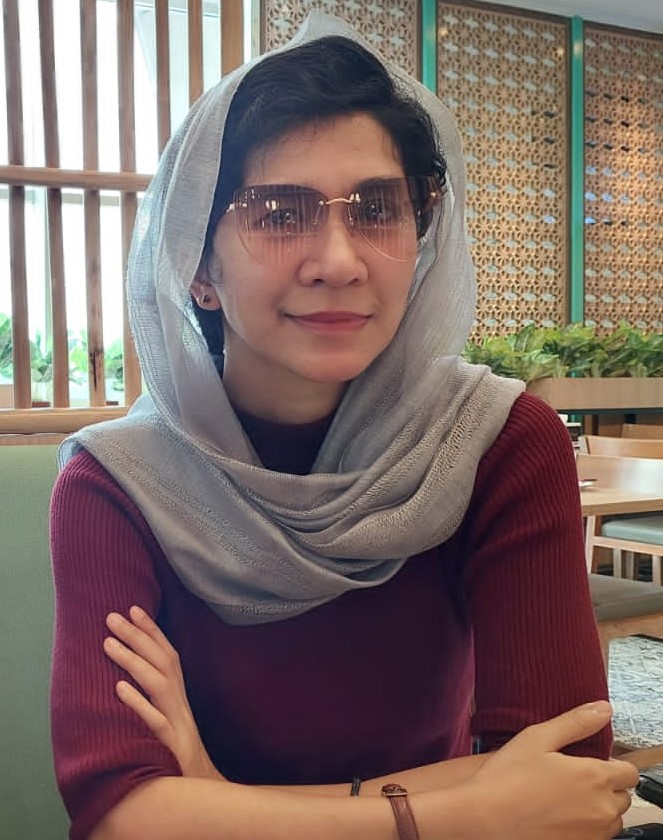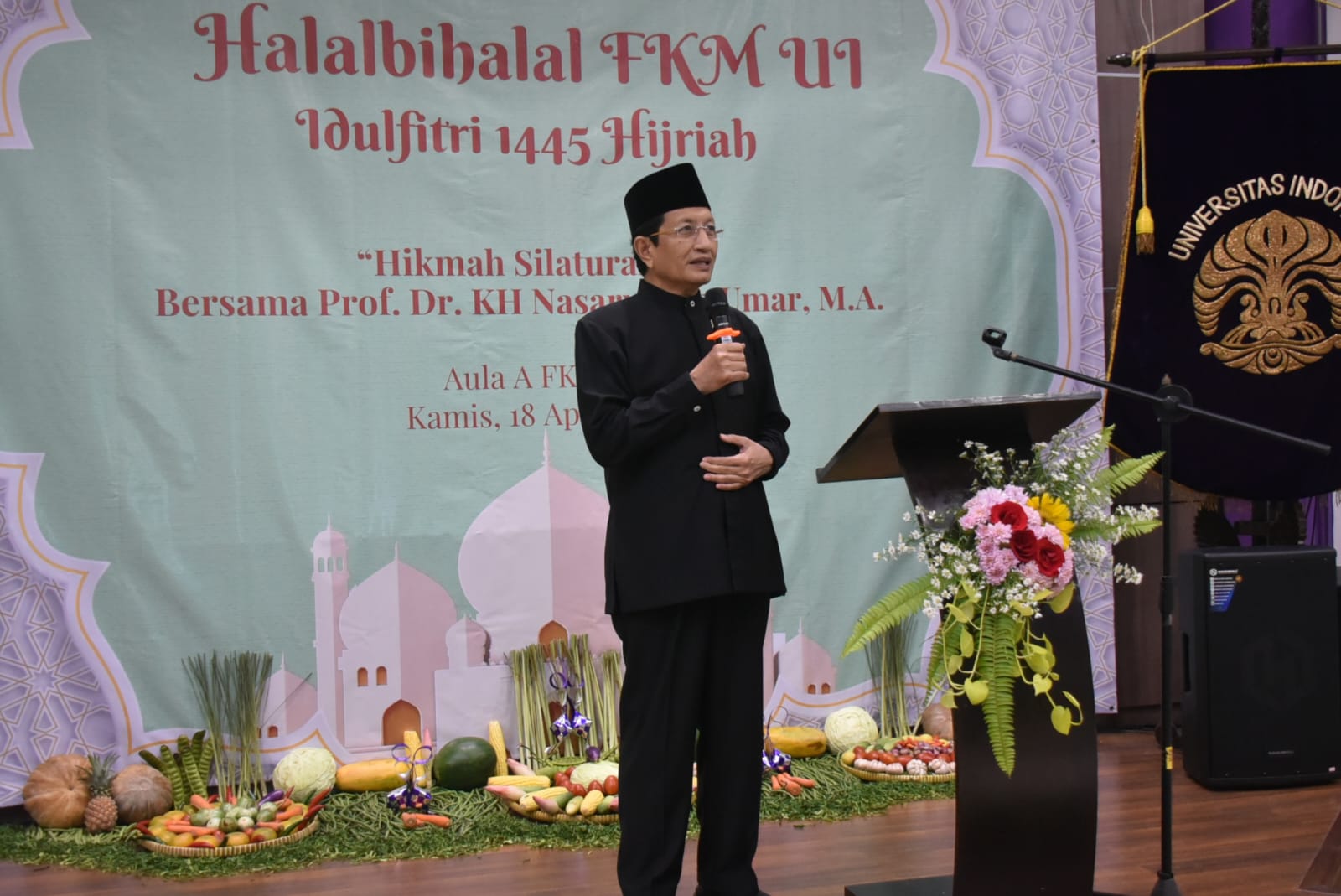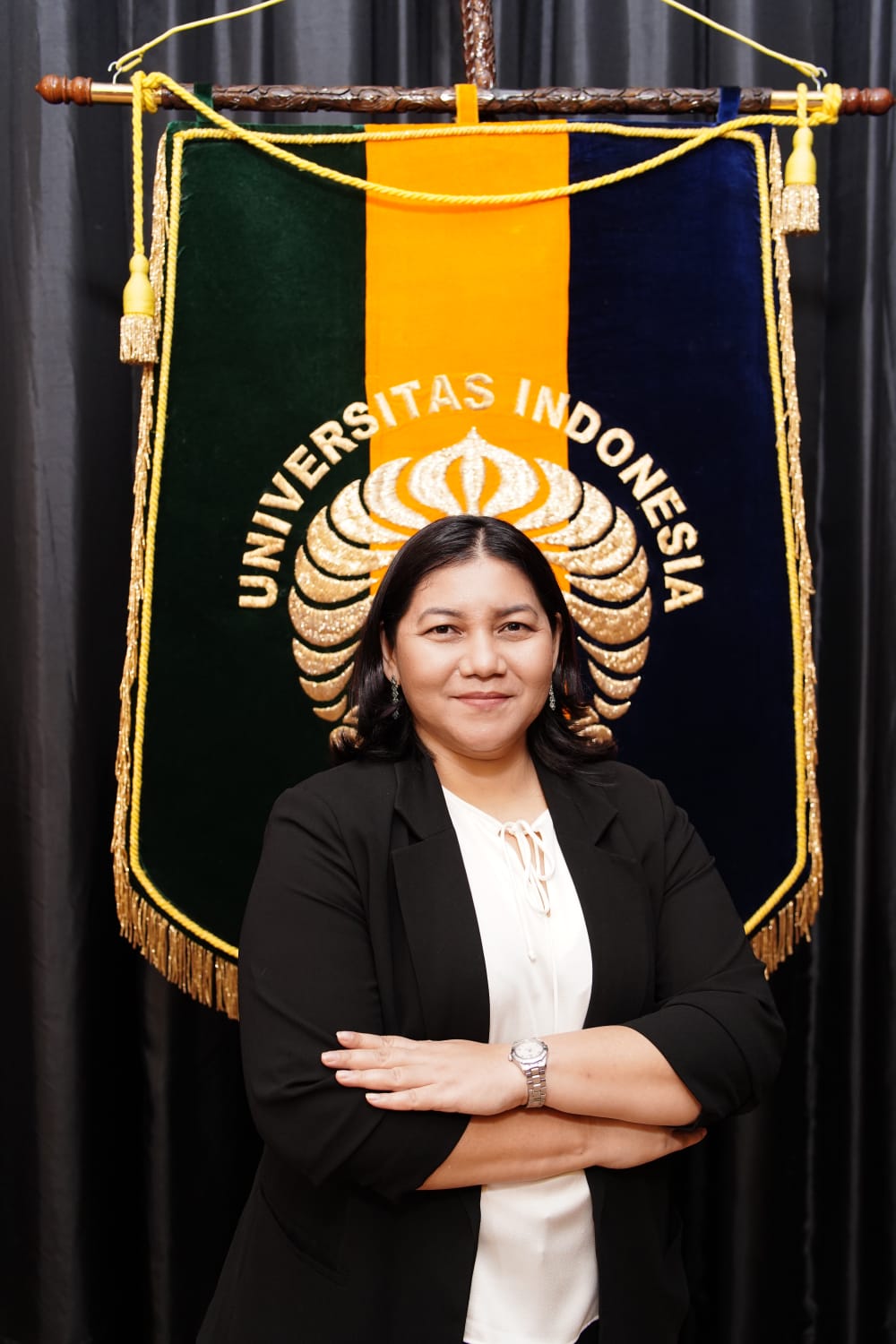
A student of the Doctor of Medicine Program at the Faculty of Medicine, Universitas Indonesia (FM UI), dr. Tri Hening Rahayatri, Sp.B, SubspPed(K), conducted research on the role of Granulocyte-Colony Stimulating Factor (G-CSF) as a bridging therapy to improve the clinical condition of pediatric cirrhosis patients. Liver cirrhosis is a condition in which the liver is filled with scar tissue due to prolonged liver damage. Malnutrition and infection are complications that pediatric liver cirrhosis patients often experience while undergoing liver transplant preparation. These complications lead to worsening of the condition and increase the risk of death.
In her dissertation entitled “The Role of Granulocyte-Colony Stimulating Factor (G-CSF) for Improving Pediatric End-Stage Liver Disease (PELD) Scores and Pretransplant Liver Nutrition Status in Child Liver Cirrhosis through Immunomodulation of Neutrophils, CD34+ Cells, TNF-, HGF, and IL-10”, dr. Tri Hening looked at the role of G-CSF in liver cirrhosis patients in children aged 3 months to 12 years.
Previously, G-CSF was used as a treatment for acute and chronic liver failure in adults. One study stated that G-CSF administration showed promise for clinical improvement, while another study assessed that G-CSF did not provide good results in liver failure. Meanwhile, there are no studies on the use of G-CSF in pediatric liver cirrhosis patients.
Dr. Tri Hening’s study was conducted over a period of 3 months on 50 patients. These patients were divided into two groups, namely the treatment group (G-CSF therapy, 26 subjects) and the control group (24 subjects).
Based on the results of the study, the administration of G-CSF therapy showed no improvement in PELD scores within 3 months. The patient’s nutritional status also cannot be improved by administering G-CSF therapy. However, the administration of G-CSF improved the immune system of pediatric liver cirrhosis patients through an increase in white blood cells that play a role in the inflammatory process.
“G-CSF is able to mobilize blood stem cells (hematopoietic) so that the initial process of liver cell repair occurs which is marked by a special marker CD34+. Immune system disorders caused by liver cirrhosis have been shown to improve with increased levels of pro-inflammatory cytokines, pro-inflammatory cytokines (TNF-⍺), and decreased anti-inflammatory cytokines (IL-10),” said dr. Tri Hening who is also a Lecturer in the FM UI Surgical Study Program.
The improvement in the immune system is characterized by a reduced incidence of severe inflammatory reactions (sepsis) due to infection in pediatric liver cirrhosis patients. In the liver cell tissue, there is also improvement characterized by increased alanine aminotransferase (ALT) and hepatocyte growth factor (HGF) enzymes. G-CSF therapy showed no harmful side effects in patients and there was no high mortality rate in patients in the intervention and control groups.
Therefore, although it has not improved PELD scores within 3 months, the administration of G-CSF therapy in pediatric liver cirrhosis patients has the benefit of clinical improvement. This can be the basis for future studies with specific age groups, longer observation time, increased G-CSF dose, and modification of the administration cycle. G-CSF therapy can be given to patients awaiting liver transplantation, especially those with impaired immunity and a history of recurrent infections.
Thanks to her findings, Dr. Tri Hening successfully obtained a doctoral degree from FM UI, on Tuesday (19/7). Dr. Tri Hening’s Doctoral Promotion Session was led by the Dean of FM UI, Prof. Dr. dr. Ari Fahrial Syam, Sp.PD-KGEH, with Promoter: Prof. Dr. dr. med. Akmal Taher, Sp. U(K) and Co-promoter: Prof. Dr. dr. Hanifah Oswari, Sp.A(K) and Dr. dr. Aria Kekalih, M.T.I.
The trial examiner team was chaired by Prof. Dr. dr. Suhendro, Sp.PD-KPTI with members: Prof. Dr. dr. Rianto Setiabudy, Sp.FK.; dr. Alida Roswita Harahap, Sp.PK(K), Ph.D.; Prof. Dr. dr. Zakiudin Munasir, Sp.A(K); Prof. Dr. dr. Aryono Hendarto, Sp.A(K), MPH.; and Dr. dr. Akhmad Makhmudi, Sp.B, Sp.BA(K) from the Faculty of Medicine, Public Health, and Nursing, Universitas Gadjah Mada.



